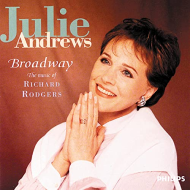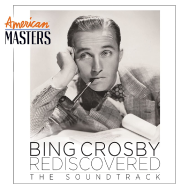Behind the Lyrics
In one way or another, we can all relate to a song’s lyrics. Perhaps, it’s because a line or two easily connects us with a memory, be it happy or otherwise.
Or maybe it’s because it resonates a truth about our lives — or life in general for that matter — that is both relatable and undeniable.
For Bro. Eli however, no truth could sound sweeter behind the songs he loved than that of the Holy Scriptures.
And so here is a compilation of the songs that have struck a musical and biblical chord in Bro. Eli’s ears and heart. See Behind the Lyrics.
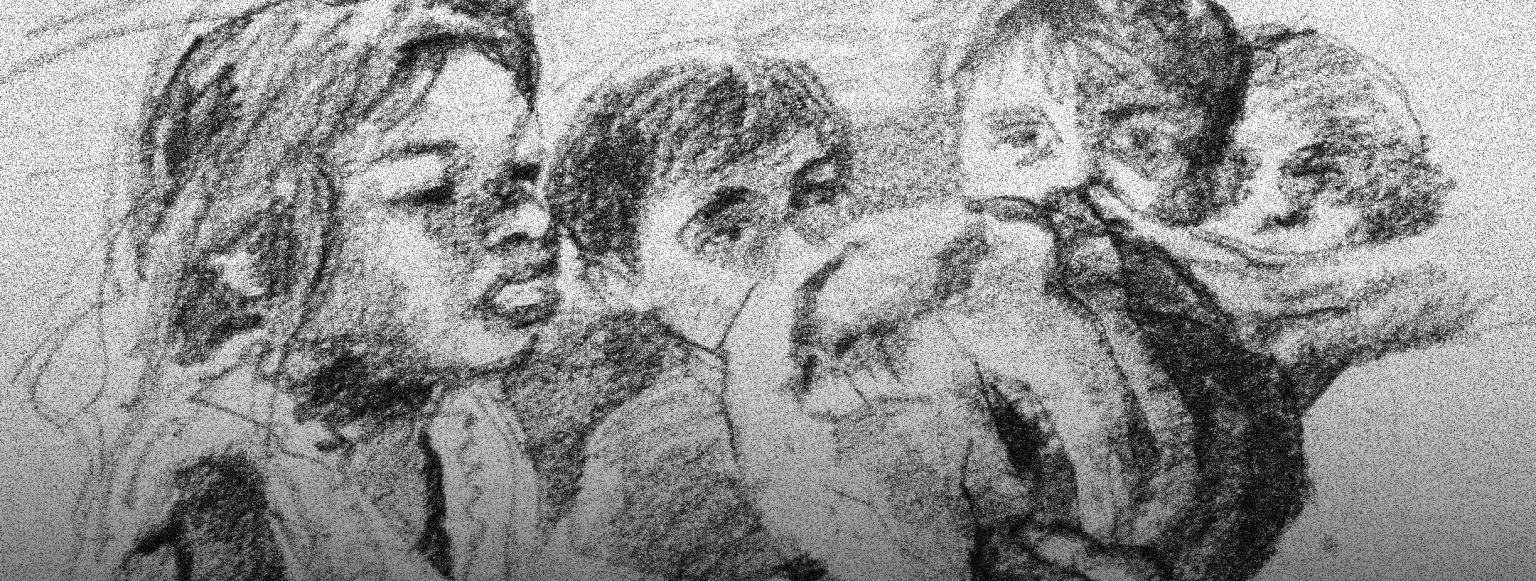
A Little Kindness
A cup of drink to hand, a piece of bread to give
A dark day becomes brightened, a weary heart relieved
How small but genuine gestures can weigh and mean much more
For a little warmth of kindness can save a kindred soul
Something Good
Julie Andrews & Bill Lee
1965
Richard Rogers
Music and Lyrics
Connie Fisher
Tony Bennett
Carrier Underwood & Stephen Mayer
Perhaps I had a wicked childhood
Perhaps I had a miserable youth
But somewhere in my wicked, miserable past
There must have been a moment of truth
For here you are
Standing there
Loving me
Whether or not you should
So somewhere in my youth or childhood
I must have done something good
Nothing comes from nothing
Nothing ever could
So somewhere in my youth or childhood
I must have done something good
For here you are
Standing there
Loving me
Whether or not you should
So somewhere in my youth or childhood
I must have done something good
Nothing comes from nothing
Nothing ever could
So somewhere in my youth or childhood
I must have done something good
He cited Matthew 25:34-40 in his preaching, where it speaks about the Lord Jesus Christ welcoming to the kingdom of God those who have done something good — even a small act like giving a cup of water to drink to one of His brethren.
“Something Good” is an original song written for the first film adaptation of the classic musical play “The Sound of Music”, which tells the love story among the household governess Maria Kutschera, her employer Captain George Von Trapp, the Captain’s children, and the thing that bonded them all — music.
The play debuted on Broadway in 1959, while the movie version, starring Julie Andrews and Christopher Plummer as the lead actors, had its first cinematic release in 1965. Playback singer Bill Lee voiced over Plummer for the singing parts of the film.
The song was featured in a scene between Maria and the Captain confessing their love for each other inside a dimly lit gazebo. As a sort of realization of the good fortune that came her way, Maria broke into the song, singing how she must have done something good in her “wicked and miserable past” to be worthy of Captain Von Trapp’s love.
And it is exactly the song’s conclusive line, “So somewhere in my youth or childhood, I must have done something good”, that Bro. Eli found noteworthy, so to speak, as he related it to the importance of doing acts of love to other people.
He cited Matthew 25:34-40 in his preaching, where it speaks about the Lord Jesus Christ welcoming to the kingdom of God those who have done something good — even a small act like giving a cup of water to drink to one of His brethren.
Feeding the hungry, providing shelter to the homeless — these are among the many charitable endeavors pursued by Bro. Eli and the Members Church of God International to this day, with God’s help, because these acts of love and mercy are enough for people to merit the bliss of Paradise.
Then shall the King say unto them on his right hand, Come, ye blessed of my Father, inherit the kingdom prepared for you from the foundation of the world:
For I was an hungred, and ye gave me meat: I was thirsty, and ye gave me drink: I was a stranger, and ye took me in:
Naked, and ye clothed me: I was sick, and ye visited me: I was in prison, and ye came unto me.
Then shall the righteous answer him, saying, Lord, when saw we thee an hungred, and fed thee? or thirsty, and gave thee drink?
When saw we thee a stranger, and took thee in? or naked, and clothed thee? Or when saw we thee sick, or in prison, and came unto thee?
And the King shall answer and say unto them, Verily I say unto you, Inasmuch as ye have done it unto one of the least of these my brethren, ye have done it unto me.
For God is not unrighteous to forget your work and labour of love, which ye have shewed toward his name, in that ye have ministered to the saints, and do minister.

Reunited
‘Tween the shadows of the trees and the radiance of the lamps
Two lovers kissed as the leaves and lights danced
In the dark of one night and the void of a park
Romance found its footing and love its new start
The Second Time Around
Bing Crosby
1960
Sammy Cahn (Lyrics)
Jimmy Van Heusen (Music)
Frank Sinatra
Tony Bennett
Michael Bolton
Love is lovelier the second time around
Just as wonderful with both feet on the ground
It's that second time you hear your love song sung
Makes you think perhaps that love, like youth, is wasted on the young
Love's more comfortable the second time you fall
Like a friendly home the second time you call
Who can say what brought us to this miracle we've found?
There are those who'll bet love comes but once and yet
I'm oh so glad we met the second time around
Who can say what brought us to this miracle we've found
There are those who'll bet love comes but once and yet
I'm oh so glad we met the second time around
Falling out of love towards a person, or to part ways with a loved one may be very painful and heartbreaking. But Bro. Eli argued that if time can mend a broken heart, all the more that God’s power can do it.
This classic was originally recorded by American singer, actor, and songwriter Bing Crosby, appearing in the 1960 film “High Time”, with Henry Mancini conducting the orchestra. The song was nominated for the Academy Award for Best Original Song.
Come 1961 however, it played a special role in the life of another master crooner: Frank Sinatra.
In fact, Sinatra officially launched his own record company Reprise on February 13, 1961 with this very song. It seemed fitting since his new company was deemed by many as Sinatra’s second coming.
It talks about the sweetness of finding love’s second chance — one of the many topics of concern that people asked Bro. Eli for the Bible’s answers.
“The patch that can be used to cover the tear or repair the damage done by infidelity is fidelity. The patch of fidelity is love,” wrote the Sinatra fan on his blog.
Falling out of love towards a person, or to part ways with a loved one may be very painful and heartbreaking. But Bro. Eli argued that if time can mend a broken heart, all the more that God’s power can do it.
And hence from the lyrics of this sublime song comes the title of his biblical blog, “Love is Lovelier the Second Time Around — With God”. Indeed.
Love bears all things, believes all things, hopes all things, endures all things
But and if she depart, let her remain unmarried or be reconciled to her husband: and let not the husband put away his wife.
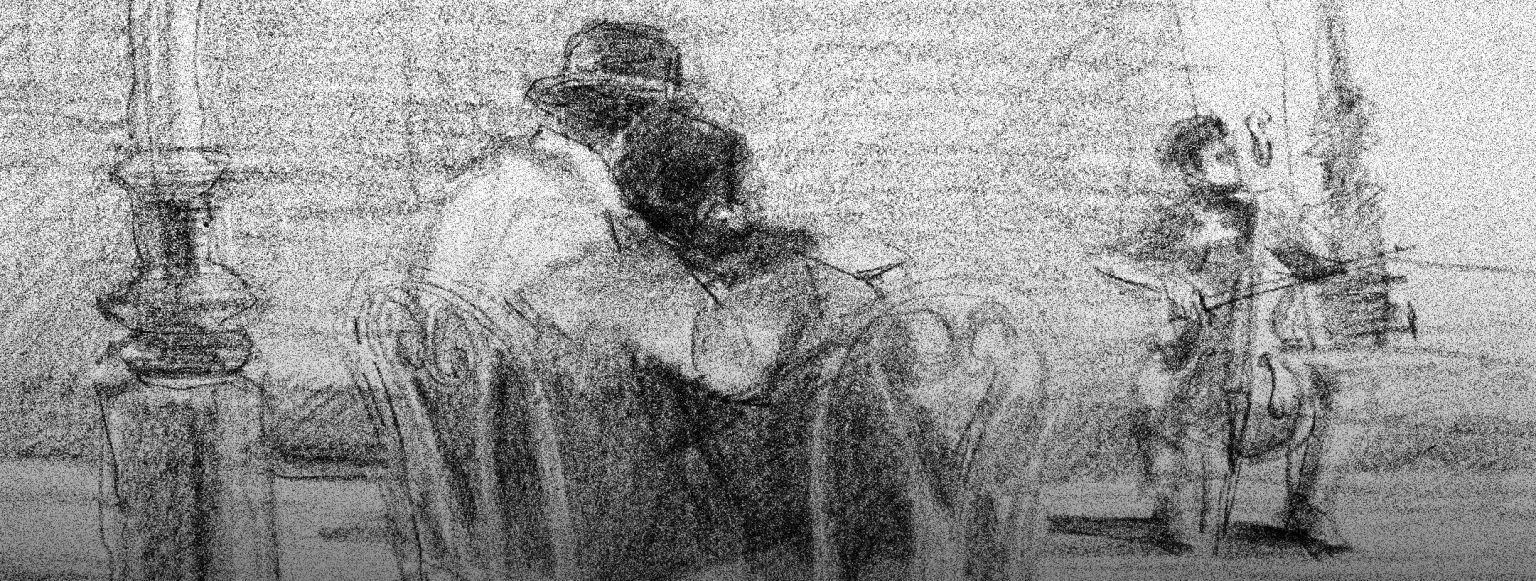
Grander Than Grand
A horse, a yacht, fine jewelry, the moon and stars above
Some ask for such and count them as proofs of care and love
But pray for me each night and day, kiss me, hold my hand
For darling it’s the little things that are grander than the grand
Little Things Mean a Lot
Kitty Kallen
1954
Richard Edith Lindeman (Lyrics)
Carl Stutz (Music)
The Platters
Cliff Richard and The Shadows
Blow me a kiss across the room
Say I look nice when I'm not
Touch my hair as you pass my chair
Little things mean a lot
Give me your arm as we cross the street
Call me at six on the dot
A line a day when you're far away
Little things mean a lot
Don't have to buy me diamonds or pearls
Champagne, sables or such
I never cared much for diamonds and pearls
'Cause honestly, honey, they just cost money
Give me your hand when I've lost my way
Give me your shoulder to cry on
Whether the day is bright or gray
Give me your heart to rely on
Send me the warmth of a secret smile
To show me you haven't forgot
For always and ever, now and forever
Little things mean a lot
Give me your hand when I've lost my way
Give me your shoulder to cry on
Whether the day is bright or gray
Give me your heart to rely on
Send me the warmth of a secret smile
To show me you haven't forgot
For always and ever, now and forever
Little things mean a lot
It is the song’s resounding line and title that Bro. Eli used in his preaching, primarily, to remind married couples that they should still do the little things they did when they were still courting each other to help keep the sweetness of their love alive.
Many consider that the 1954 recording of “Little Things Mean a Lot” is the greatest solo musical achievement of American pop singer Kitty Kallen.
Kallen passed away in 2016, and throughout her singing career that withstood the Swing era, post-World War 2 pop scene, and early Rock ‘n Roll, her rendition of this song is probably what she will always be remembered for. In particular, it is how her soft, young voice finely complemented the sweet lyrics written by Edith Lindeman and Carl Stutz.
The song is an ode to how it is actually the little things that couples do for each other that mean more than the material things that even come with a hefty price tag.
It is the song’s resounding line and title that Bro. Eli used in his preaching, primarily, to remind married couples that they should still do the little things they did when they were still courting each other to help keep the sweetness of their love alive.
The song is also a reminder to everyone that love should be expressed, and doing so does not require spending a certain amount of money. It can be expressed in simple ways like helping someone carry a load, opening a door, or even smiling to lift a heavy feeling.
As the song says:
Blow me a kiss from across the room
Say I look nice when I’m not
Touch my hair as you pass my chair
Little things mean a lot
Indeed, little things mean a lot.
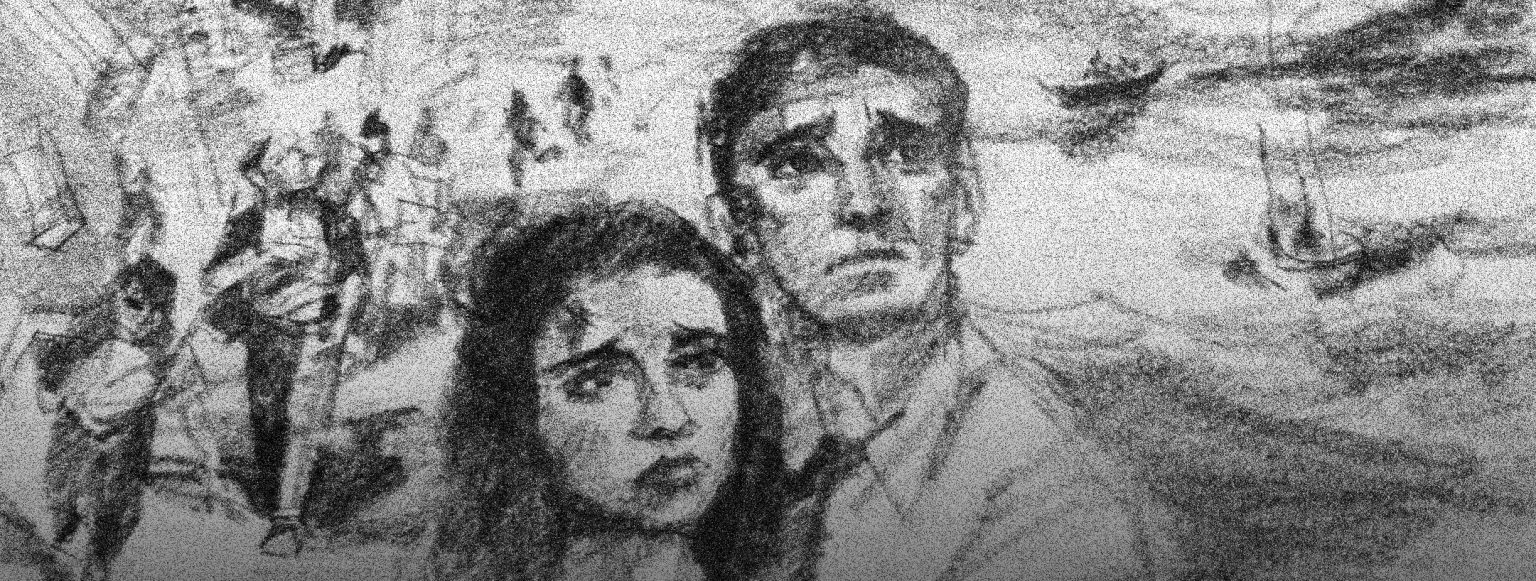
Above the Stars
Amidst an earthquake’s chaos or a tempest’s blaring noise
Above the stars there’s Someone who’ll hear a timid voice
For He who can move mountains and silence raging seas
Has ears for a heart’s whisper of someone who believes
I Believe
Jane Froman
1953
Ervin Drake
Irvin Graham
Jimmy Shirl
Al Stillman (music and lyrics)
Frankie Laine
The Bachelors
Barbra Streisand
Elvis Presley
Tom Jones
Perry Como
I believe for every drop of rain that falls a flower grows
I believe that somewhere in the darkest night a candle glows
I believe for everyone who goes astray
Someone will come to show the way, I believe, I believe
I believe above the storm the smallest prayer will still be heard
I believe that someone in the great somewhere hears every word
Every time I hear a newborn baby cry or touch a leaf or see the sky
Then I know why I believe
Every time I hear a newborn baby cry or touch a leaf or see the sky
Then I know why I believe
(Why I believe)
Bro. Eli said that God doesn’t need many words nor loud speeches to hear what the heart of a believer wishes to say. He also pointed out the biblical fact that God understands even what humans can express only in tears.
“I Believe” was penned in 1953 by Ervin Drake, Irvin Graham, Jimmy Shirl, and Al Stillman as the Korean War raged on just a few years after the Second World War ended in 1945.
Wanting to instill optimism to the masses, American singer and actress Jane Froman commissioned the song and released it on her own television show.
In the same year, Frankie Laine recorded his version, which is hailed today as the most commercially successful and most popular.
And among the song’s eight lines, these lyrics are the ones that made an impression on Bro. Eli because they are consistent with what the Bible teaches:
I believe above a storm the smallest prayer can still be heard
I believe that someone in the great somewhere hears every word
Bro. Eli said that God doesn’t need many words nor loud speeches to hear what the heart of a believer wishes to say. He also pointed out the biblical fact that God understands even what humans can express only in tears.
So long that a prayer is said in faith and love, no violent storm or raging sea can hinder the loving Father in heaven from hearing the prayer of someone who believes.
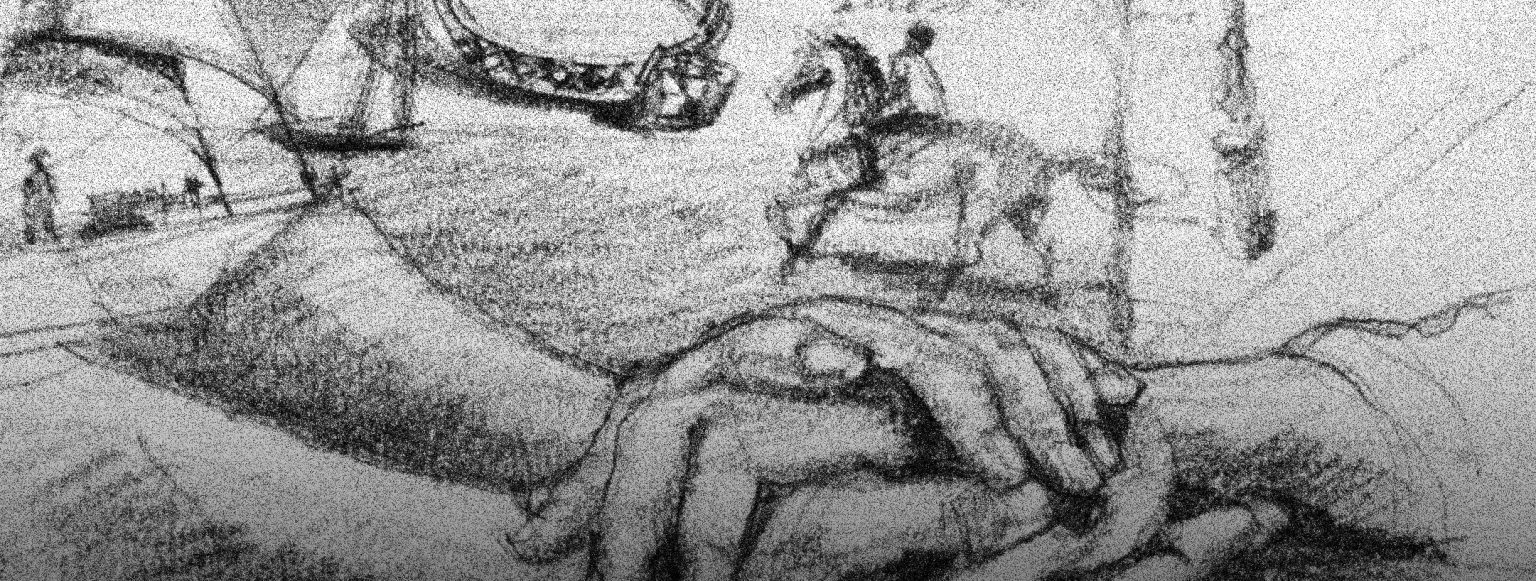
Letters
Paper, ink, and words imbued with a lover’s soul
Filled with love and devotion, his emotions he did pour
A hundred miles between them, she hears his voice in every line
Though far apart, she feels their hands and hearts entwined
Love Letters
Dick Haymes
1945
Edward Heyman (Lyrics)
Victor Young (Music)
Ketty Lester
Alison Moyet
Elvis Presley
Nat King Cole
Elton John
The song was first heard in the 1945 American film noir of the same name, which portrays the love story of a man and an amnesiac woman in the midst of the second World War.
Dick Haymes’s original version was nominated for the Academy Award for Best Original Song in 1945. Soon after, it was followed by many other chart-topping covers by esteemed singers such as Ketty Lester, Alison Moyet, Nat King Cole, Tony Bennett, and Elvis Presley.
Today, love letters may just be some form of sentimental gift to a special someone. But before the age of digital communication, handwritten letters were the only way for two lovers to talk to each other and bridge the long distance that separates them.
Commanded by God to be manually written by His servants of old and the apostles in the first century, the Bible can be considered as a love letter from God, according to Bro. Eli.
It contains His words of love and admonitions that are intended for His people to read and follow.
And the same way that love letters connect two lovers far apart from each other, the Bible also keeps us close and connected to the Almighty God even with the vast distance between heaven and earth.
